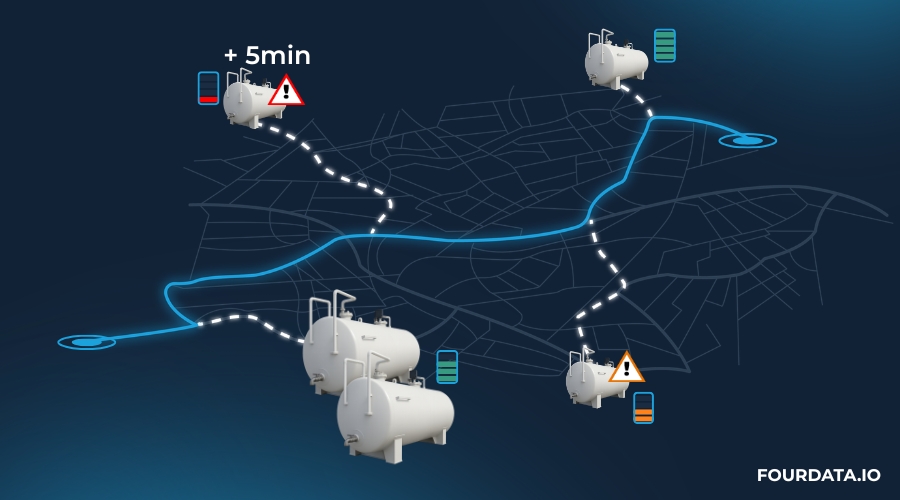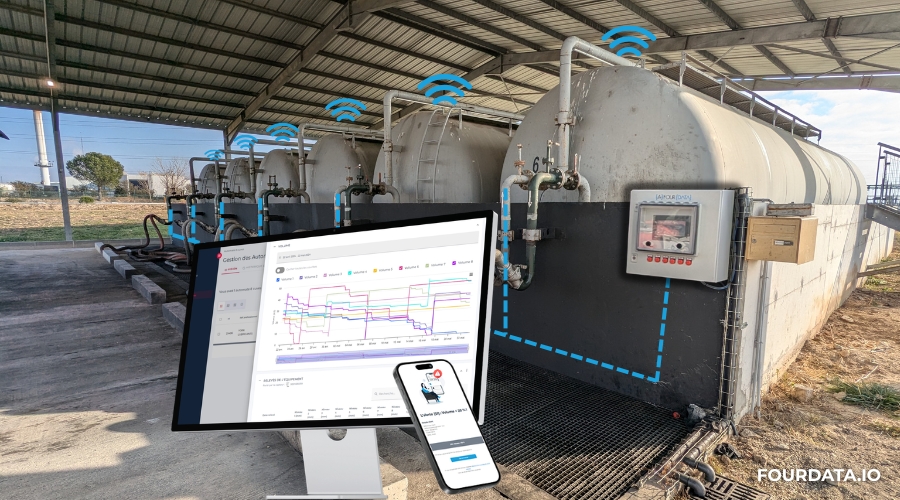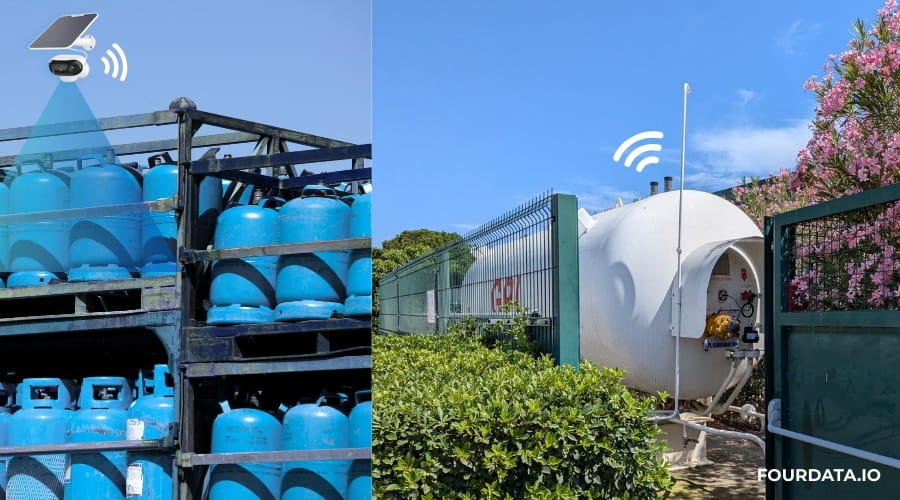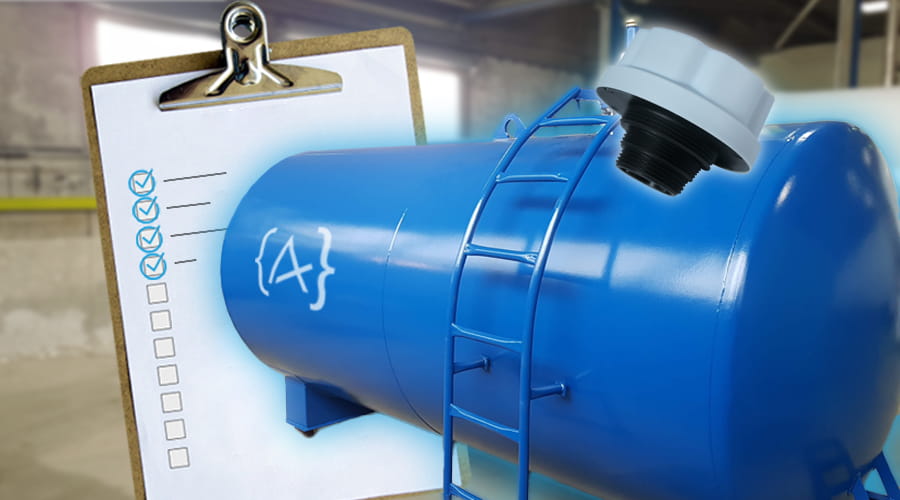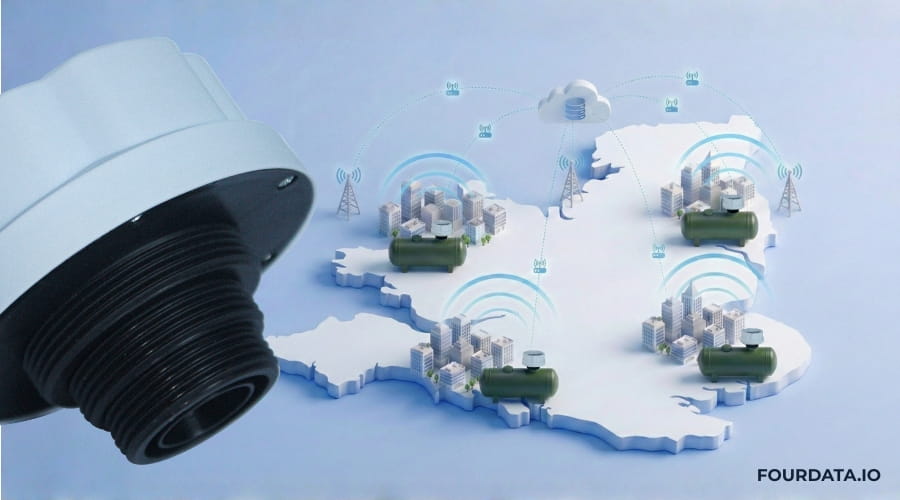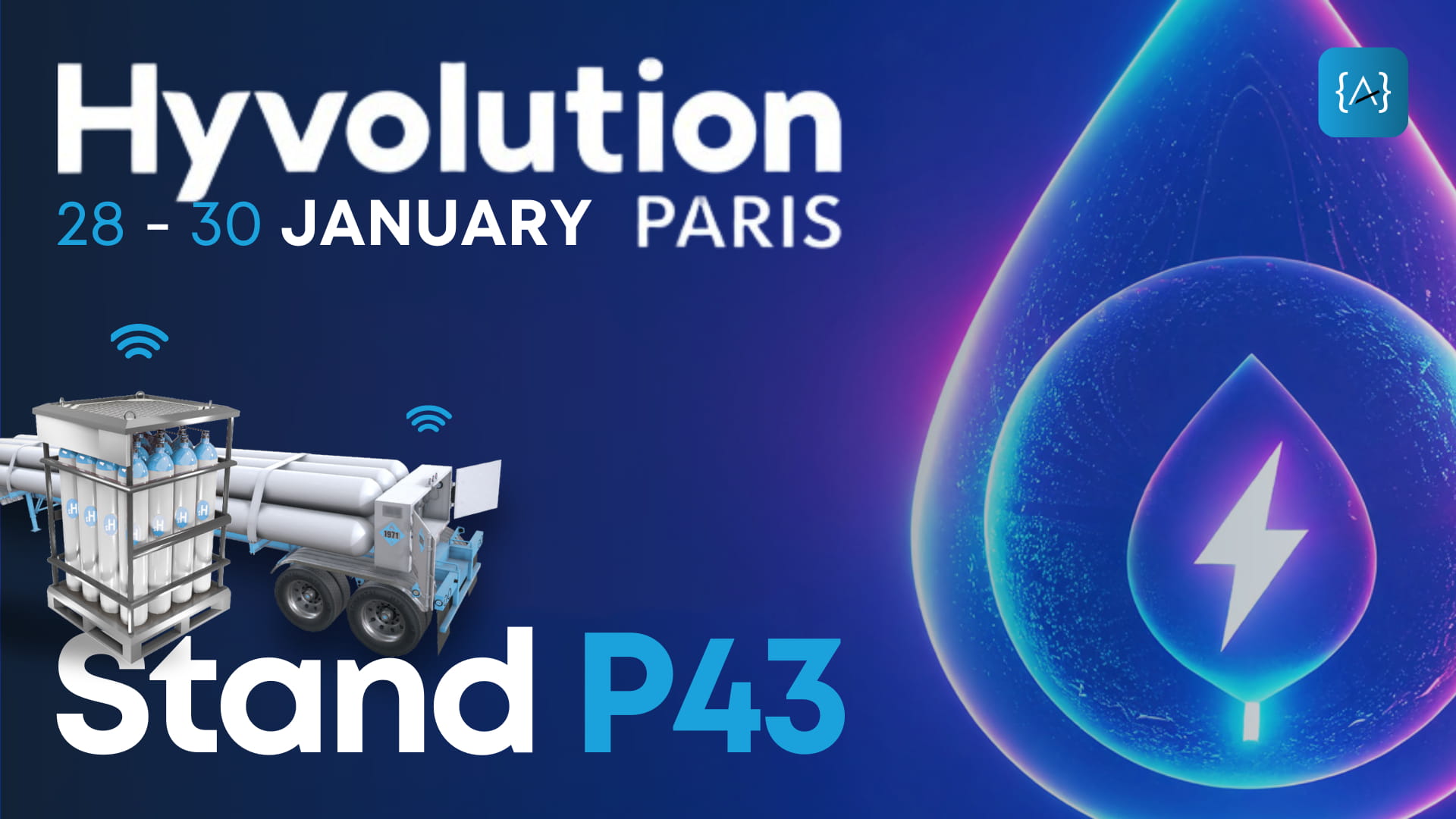Energy Transition: VivaTech 2025 – Digital Transition?
Summary

Introduction: VivaTech 2025, a Hub of Innovation for the Energy Transition
From June 11 to 14, 2025, VivaTech 2025 will bring together thousands of experts and industry professionals from around the world. This event, a showcase of emerging technologies, offers a unique opportunity to discuss the energy transition—a key challenge for industrial and institutional stakeholders. According to the International Energy Agency’s Global Energy Review 2025, global energy demand grew by 2.2% in 2024, exceeding the previous decade’s average of 1.3%. Nearly all the rise in electricity demand was met by low-emissions sources, driven by record growth in solar photovoltaic capacity alongside other renewables and nuclear power (IEA, 2025).
This surge in clean energy investment reflects a worldwide commitment to decarbonization and the modernization of energy infrastructures. As regulatory pressures, price volatility, and climate objectives converge, the sector must transform—and connected technologies will play a key role. This article will explore market challenges, obstacles to overcome, key technologies, the concrete contribution of Four Data, and the future prospects for a successful energy transition.
A Changing Market: Between Regulatory Pressures and Operational Challenges
Increasingly Demanding Regulations
European and international regulations are setting ambitious targets for the energy transition. Achieving carbon neutrality by 2050 is forcing industries to rethink their production and distribution methods. Carbon taxes and emissions quotas are adding economic and environmental pressures. As a result, energy infrastructure management must incorporate greenhouse gas reduction and energy flow traceability.
Complex Energy Management
Market players face increased volatility in energy and raw material prices. This uncertainty complicates supply planning and directly impacts operating costs. Additionally, diversifying energy sources—biogas, hydrogen, solar, wind—adds complexity to managing flows and requires sophisticated monitoring and analysis tools.
Technological Challenges at the Heart of the Transformation
The emergence of IoT sensors and digital platforms offers new opportunities to address these challenges. These solutions enable real-time measurement of consumption levels, anomaly detection, and process optimization. Thanks to these technologies, industrial players can anticipate demand peaks, reduce waste, and improve energy performance.

Energy Transition and Digital Solutions
Plenty of Talk, Little Action
Everyone talks about the energy transition, but in practice, few explain how technology actually helps achieve the goals. Conferences and trade shows abound with promises, but concrete examples often lack depth. Industrial stakeholders need reliable indicators to justify investments and measure the energy performance of equipment and networks.
The Essential Role of Data
Data is a strategic lever. Connected technologies collect, aggregate, and analyze valuable information: pressure levels, temperatures, energy consumption, emissions, and more. Processed through analytics platforms, these data sets enable informed decision-making and energy flow adjustments. They also support demand forecasting, predictive maintenance, and more sustainable infrastructure management.
Integrating Renewable Energies
Modernizing the energy mix requires seamless integration of renewables into existing networks. This necessitates new architectures compatible with green gas and hydrogen. These technical challenges are not just minor adjustments but represent a real paradigm shift: network adaptability, infrastructure security, and system interoperability. Connected tools are a major asset in meeting these challenges.
Four Data: Supporting the Energy Transition with Connected Solutions
Tailored Responses to Field Needs
Four Data positions itself as a key technological player in the energy transition. Its connected sensors and analytics platforms address the needs of operators dealing with complex environments and high-performance demands. ATEX-certified, these sensors ensure safety and reliability even in sensitive conditions.
Optimized Infrastructure Management
Thanks to Four Data’s solutions, industrial players can monitor pressure levels, identify anomalies, and anticipate maintenance needs. This increased visibility helps avoid supply disruptions, reduce logistics costs, and optimize energy performance. The data collected are analyzed in a deferred manner, enabling informed decision-making and better infrastructure management.
An Agile Partner for Network Digitalization
Whether it’s hybrid networks, management of pressure reduction stations, or supervision of complex infrastructures, Four Data supports operators in their digital transformation. Its expertise helps strengthen network resilience and accelerate the adoption of sustainable technologies, which are essential for the energy transition.
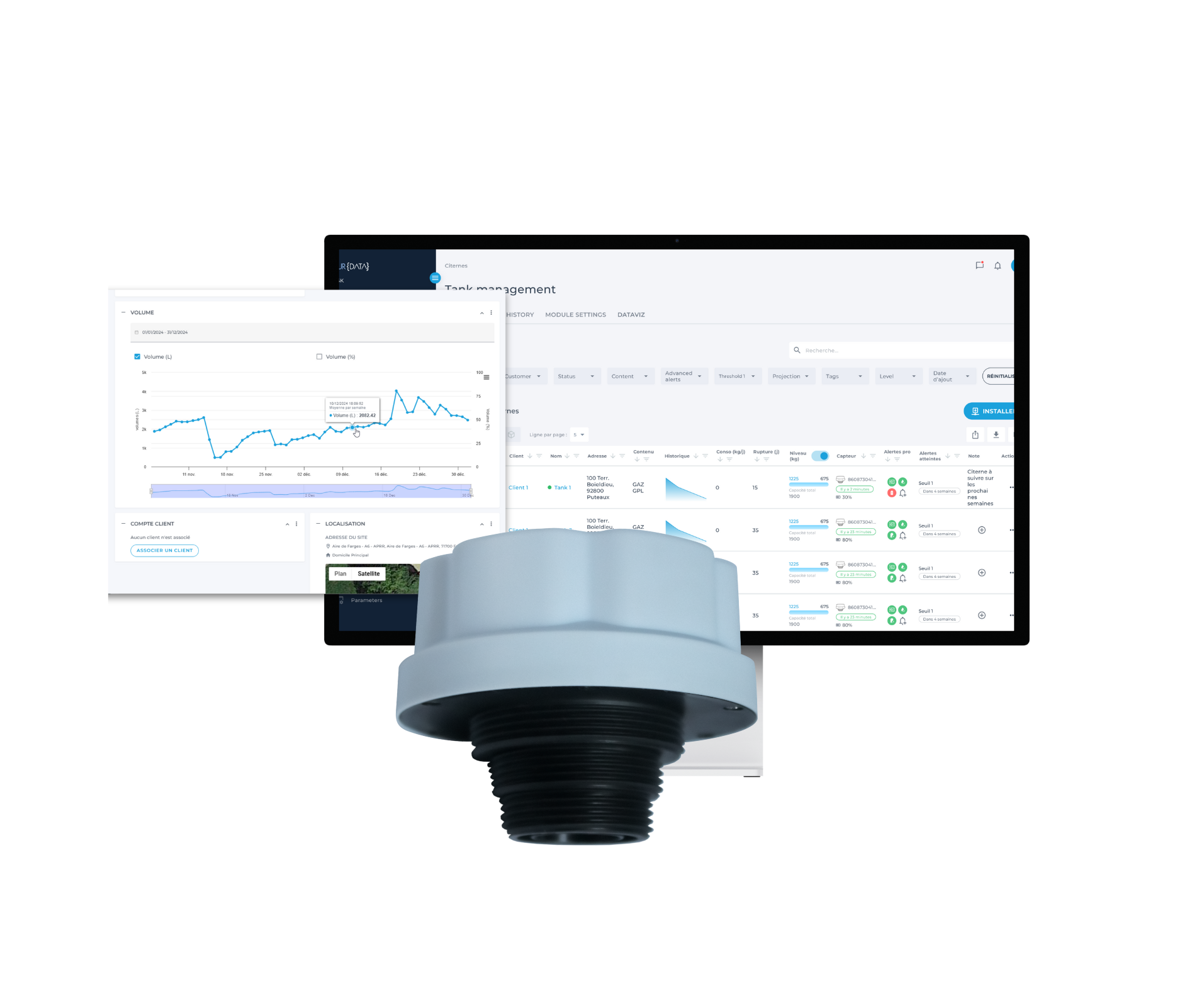
Energy Transition: What’s Next?
Hybrid and Connected Infrastructures
Tomorrow’s energy transition will rely on hybrid networks and the management of multi-energy flows. Natural gas, biogas, hydrogen, and other renewables will need to coexist within increasingly intelligent infrastructures. This transformation will require significant investments in research, development, and equipment modernization.
The Strategic Importance of Data
Data will be at the heart of the energy transition. Predictive analysis and preventive maintenance will enable better anticipation of needs and optimization of network operations. This operational intelligence will promote more sustainable and cost-effective resource management.
Ever-Evolving Regulations
Regulations will continue to tighten to accommodate new gases and technological innovations. Operators will need to remain agile to integrate these changes while maintaining high levels of service. Connected technologies and partners like Four Data will be essential to adapting to these shifts.
Conclusion
The energy transition is not simply about changing energy sources. It involves a deep transformation of infrastructures, management methods, and digital tools. With its connected solutions, Four Data stands out as a strategic partner in supporting operators through this transition and contributing to a more sustainable and efficient future.
Check our last article !

You may also be interested in these articles :

